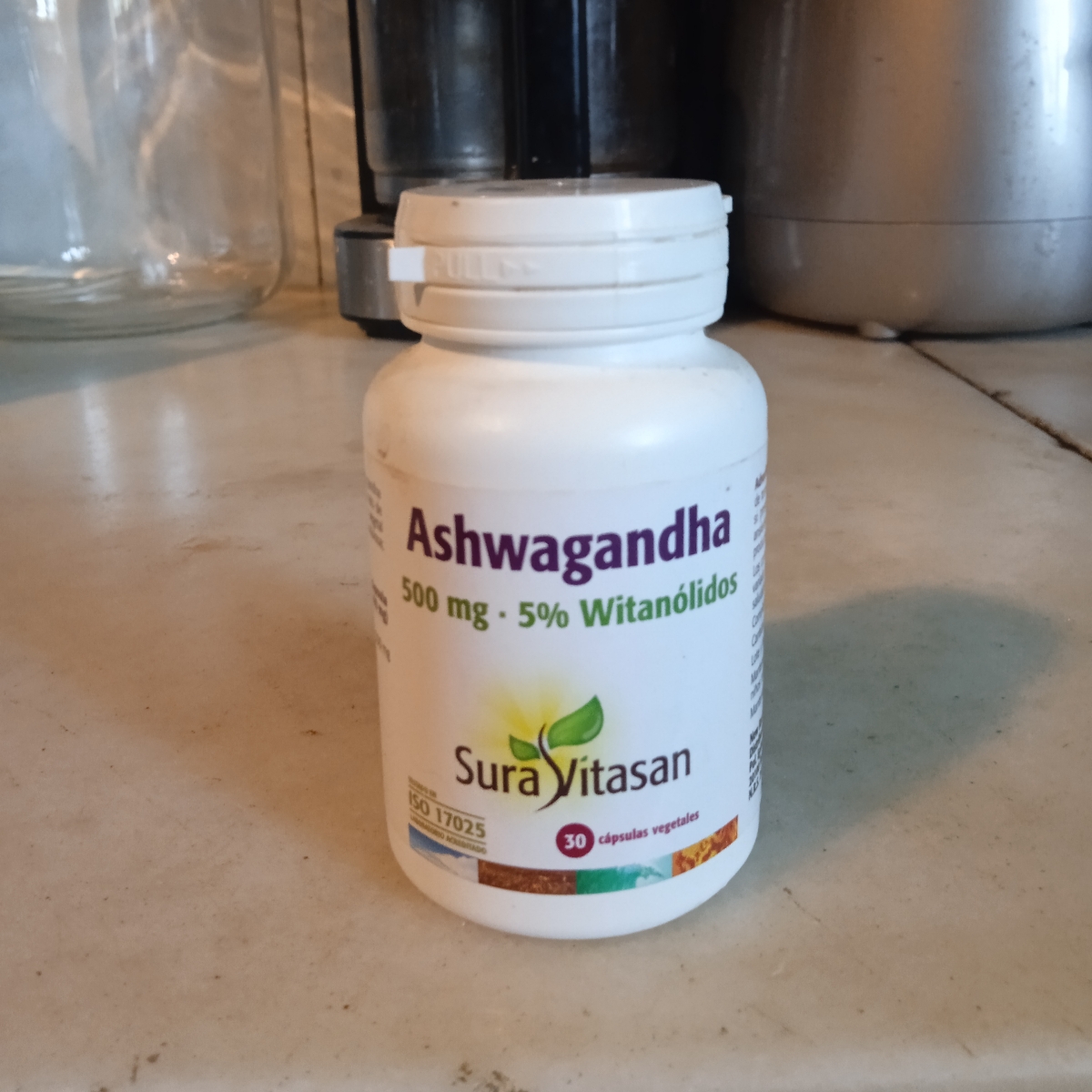How To Relieve Pain After Permanent Crown Placement?
The process of getting a permanent crown can be a significant step towards restoring your smile and improving your oral health. However, it’s not uncommon for patients to experience some discomfort or pain after the procedure. This discomfort can stem from various factors, including the manipulation of the gum tissue, the injection of local anesthesia, or the adjustment of the bite. Understanding the causes and knowing how to manage this pain is crucial for a smooth recovery.
Immediate Post-Procedure Sensitivity
Immediately after the placement of a permanent crown, you might notice some sensitivity. This sensitivity can be due to the cementation process, where the cement used to fix the crown in place can sometimes irritate the nerve of the tooth. Moreover, if the tooth underwent significant preparation to accommodate the crown, the tooth’s pulp might be slightly inflamed, leading to sensitivity.
Managing Discomfort and Pain
Fortunately, there are several strategies to relieve pain and discomfort after permanent crown placement. Here are some steps you can take:
Over-the-counter Pain Relievers: Over-the-counter pain medications such as ibuprofen (Advil, Motrin) or acetaminophen (Tylenol) can be very effective in managing pain and inflammation. Always follow the recommended dosage instructions on the label.
Saltwater Rinse: Rinsing your mouth with warm salt water several times a day can help reduce swelling and ease pain. Mix 1⁄2 teaspoon of salt with 8 ounces of warm water.
Cold Compress: Applying a cold compress to the outside of your cheek near the affected area can help reduce pain and swelling.
Soft Food Diet: Stick to a soft food diet for a few days after the procedure to avoid putting too much pressure on the crowned tooth.
Good Oral Hygiene: Continue to practice good oral hygiene by brushing and flossing your teeth as usual, taking care around the crowned tooth.
Dental Follow-up: If your pain persists or worsens, it’s crucial to follow up with your dentist. Sometimes, a crown may need a slight adjustment to fit perfectly with your bite.
Understanding the Healing Process
The healing process after crown placement can vary from person to person. Generally, any significant sensitivity or discomfort should start to subside within a few days to a week. However, it’s essential to monitor your symptoms and seek dental advice if you experience:
- Severe pain that doesn’t respond to over-the-counter pain relievers
- Increased sensitivity to hot or cold temperatures that lingers after the stimuli have been removed
- A feeling that your bite is not right
- Signs of infection, such as swelling, redness, or pus
Preventive Measures for Future Procedures
While some discomfort is unavoidable, there are steps you can take to minimize potential pain in future dental procedures:
- Maintain Good Oral Health: Regular dental check-ups and good oral hygiene practices can reduce the need for extensive dental work.
- Ask About Pain Management Options: Discuss pain management strategies with your dentist before the procedure, including the use of local anesthesia or sedation dentistry for more complex cases.
- Follow Post-Procedure Instructions: Adhering to your dentist’s instructions after the procedure can significantly impact your recovery and minimize discomfort.
In conclusion, while experiencing some pain after permanent crown placement is not uncommon, there are effective ways to manage and relieve it. By understanding the causes of discomfort and taking proactive steps to manage pain, you can ensure a smoother and more comfortable recovery process. Remember, if you’re ever in doubt about your symptoms or the healing process, consulting with your dentist is the best course of action.
What are the common causes of pain after permanent crown placement?
+Pain after permanent crown placement can be caused by the manipulation of gum tissue, the injection of local anesthesia, the adjustment of the bite, or irritation from the cement used to secure the crown.
How long does it typically take for the sensitivity to subside after getting a permanent crown?
+Significant sensitivity should start to subside within a few days to a week after the procedure. However, mild sensitivity to hot or cold temperatures might take a bit longer to resolve.
What should I do if I experience severe pain that doesn't respond to over-the-counter pain relievers?
+If you're experiencing severe pain that doesn't respond to over-the-counter pain relievers, it's essential to contact your dentist. They can assess the situation and provide appropriate guidance or treatment.
Remember, your dentist is your best resource for managing pain and ensuring the success of your dental procedures. By staying informed and taking proactive steps in your oral health care, you can minimize discomfort and enjoy a healthy, beautiful smile.


